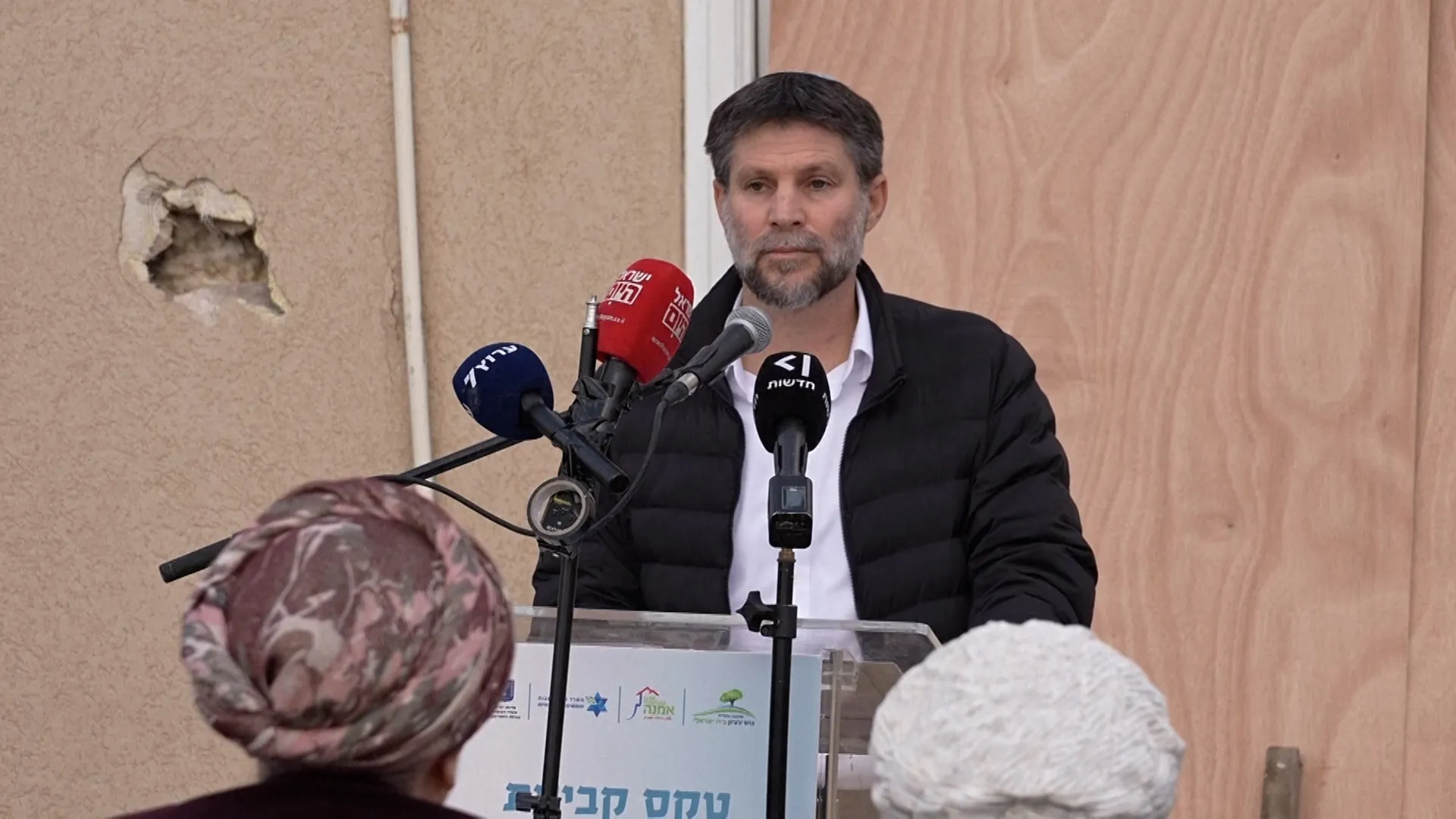Smotrich says Trump’s plan for Gaza is ‘bad for Israel’ | Gaza
Israel’s far-right Finance Minister Bezalel Smotrich criticised US President Donald Trump’s plan for Gaza, saying it was ‘bad for Israel’ and should be scrapped. He called for the closure of the US-led Civil Military Coordination Centre in Kiryat Gat overseeing the Gaza ceasefire.
Published On 19 Jan 2026
